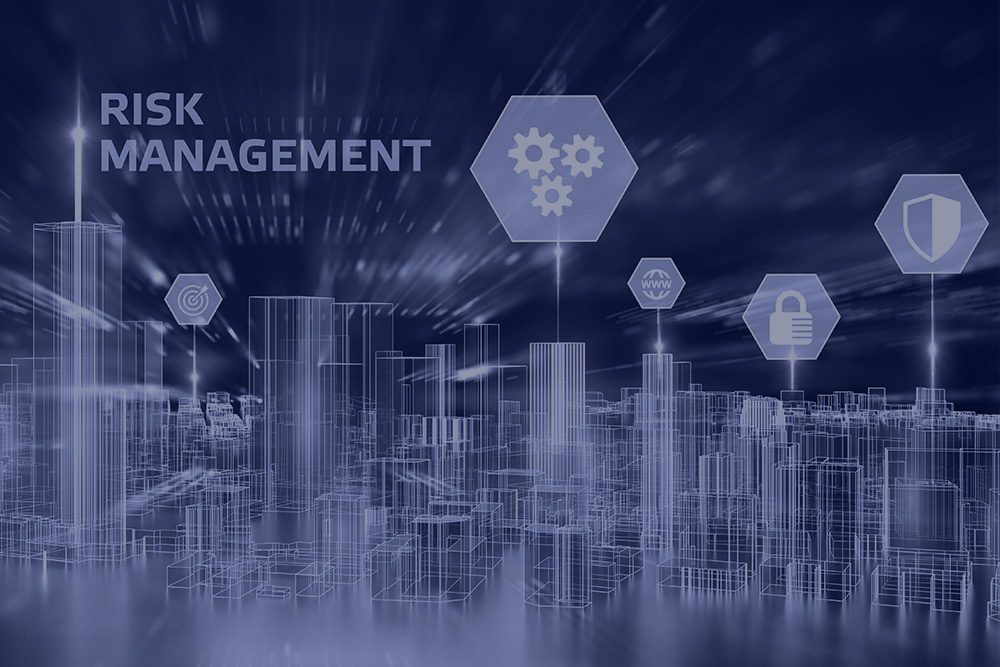The construction industry is inherently complex and fraught with various risks that can impact project timelines, budgets, and overall success. Effective risk management is crucial to mitigate these risks and ensure the smooth execution of construction projects. By implementing comprehensive risk management strategies, construction professionals can identify, assess, and proactively address potential risks, ultimately minimizing the likelihood of disruptions and maximizing project outcomes. In this blog post, we will explore the importance of risk management in the construction industry and discuss key strategies for successful risk mitigation.
Understanding Risk Management in Construction
Risk management in construction involves identifying, assessing, and managing potential risks that can impact a construction project’s objectives, including safety, quality, schedule, and budget. The goal is to proactively anticipate and address risks to minimize their impact and avoid costly delays or rework. Effective risk management in construction requires a systematic and integrated approach throughout the project lifecycle.
Key Strategies for Risk Management in Construction
Risk Identification
The first step in risk management is identifying potential risks specific to the construction project. This involves analyzing project documentation, conducting site visits, and engaging stakeholders to gain a comprehensive understanding of the project’s unique challenges. By considering factors such as site conditions, weather, design complexity, subcontractor reliability, and regulatory requirements, construction professionals can identify and document potential risks.
Risk Assessment and Prioritization
Once risks are identified, they need to be assessed and prioritized based on their likelihood and potential impact. Construction professionals can use qualitative and quantitative methods to evaluate risks objectively. This helps in prioritizing risks that require immediate attention and allocating resources appropriately. By focusing efforts on high-priority risks, construction teams can proactively manage and mitigate potential challenges.
Risk Mitigation Strategies
After identifying and assessing risks, construction professionals develop and implement risk mitigation strategies. This involves designing and implementing controls and measures to reduce the likelihood and impact of identified risks. Mitigation strategies can include safety protocols, contingency plans, subcontractor prequalification processes, quality control procedures, and contractual risk allocation measures. Regular monitoring and evaluation of implemented strategies are essential to ensure their effectiveness.
Communication and Collaboration
Effective risk management in construction requires open and transparent communication among all project stakeholders. This includes architects, engineers, contractors, subcontractors, suppliers, and project owners. By establishing clear lines of communication and promoting collaborative decision-making, potential risks can be identified and addressed early on. Regular project updates and risk assessments ensure that all stakeholders are well-informed and engaged in risk management efforts.
Insurance and Contractual Risk Transfer
Construction professionals should consider appropriate insurance coverage and contractual risk transfer mechanisms as part of their risk management strategy. Construction insurance, such as builder’s risk insurance and liability insurance, can provide financial protection against unforeseen events. Additionally, well-drafted contracts that clearly allocate risks and responsibilities among project participants help manage and transfer risks appropriately.
Continuous Monitoring and Evaluation
Risk management in construction is an ongoing process that requires continuous monitoring and evaluation. Regular project progress reviews and risk assessments help identify emerging risks and potential deviations from the risk management plan. Construction professionals should regularly update and refine risk management strategies to adapt to changing project conditions and minimize potential disruptions.
Effective risk management is vital to the success of construction projects, allowing construction professionals to proactively address potential risks and minimize their impact. By implementing comprehensive risk identification, assessment, and mitigation strategies, construction teams can safeguard project objectives, enhance safety, and optimize project outcomes. By fostering open communication, collaboration, and continuous monitoring, construction professionals can navigate the complexities of the construction industry with confidence, ensuring successful project delivery while mitigating potential risks.

